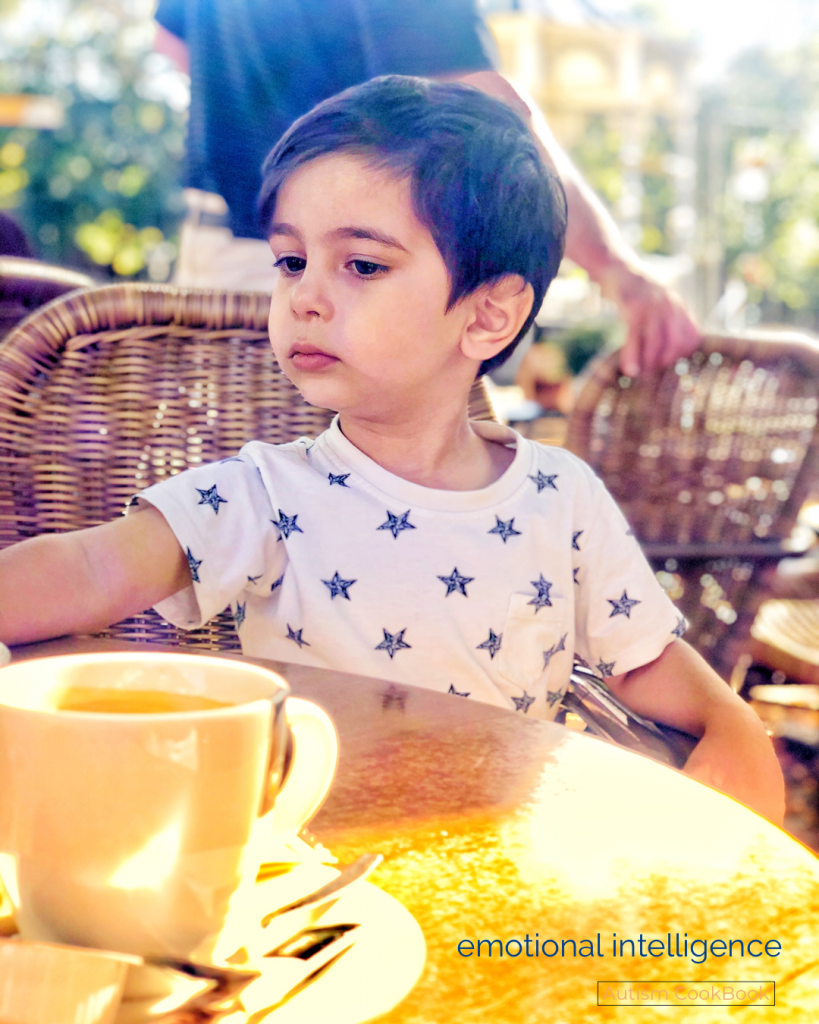Intelligence is one of the most sought-after features, but which no one has yet been able to define comprehensively. Definitions and attempts to measure it vary drastically, but not all criteria are accepted. Such a complicated concept as intelligence cannot be grasped with one explanation without neglecting some aspects.
For years, we have been used to associating intelligence primarily with logical and mathematical skills. So things such as computational fluency, logical and orderly reasoning, or solving puzzles.
Intelligence was divided into blocks – linguistic, motor, logical-mathematical, spatial, musical and emotional.
However, logical-mathematical intelligence as a particular type of knowledge has long been considered one of the critical success factors, especially of the professional one.
To a large extent, intelligence depends on necessary cognitive skills such as attention, perception, memory, and language. Still, it also depends on the ability to interact with other people, to read their emotions- empathy, and the ability to decode and manage your emotional states.
Gradually, scientists began to notice a strange paradox. On the one hand, there were people with very high IQ, who, however, failed both in their careers and in private life. But there were people who, although they did not have logical-rational skills above average, made amazing careers with great satisfaction even in the personal sphere.
What has been observed after a closer look at those two groups is that the ‘not-so-strict mind’ comes out more victorious in terms of success in life.
So which are the IMPORTANT SKILLS for success?

The distinctive features of successful people are those that:
- have ease in making decisions
- have perfect self-control and self-awareness
- practice their creativity and cultivate interests
- are excited about everyday challenges and actively express enthusiasm
- they are persistent and consistent
- they maintain optimism and hope even in the most challenging moments
- are great at interpersonal processes – in establishing social ties and team working
- opens to knowledge
- active motivation
- with excellent empathy skills – they ideally recognize the emotions of others
- effectively ‘manage’ interpersonal relations and relationships
Based on these observations, it turned out that to achieve your goals and lead a happy life, you also need a different kind of intelligence. The intelligence of our emotions, precisely measured using emotional quotient.
Emotions are impulses that represent us and connect us with the world. Although we may miss them at first glance and their influence is a significant help for the logical mind. For example, emotions help our most rational part make better choices.
If we can make the right decisions for us and our lives, it is thanks to tips and emotional information regularly sent to the rational part.
If we did not feel joy, boredom or disgust at various moments of our everyday life, we would not be able to determine what we like. And what we would instead not choose. Or not taking into account some feelings. Whether to become a baker, singer or dressmaker, try a new path, or stay on a pre-determined one. Moreover, the famous “good or bad premonitions” protect us from catastrophic decisions and push us towards those that are more suitable for us.
Emotional intelligence consists not only of the ability to decipher your feelings but also the ability to support, understand and manage them.
What about the emotions and their expression and management in kids with autism?

Recognising the dynamics and multidimensionality of autism, it is emphasised that in the population of young children with autism there is a large variety of emotional responses expressed in contact with loved ones. From states of indifference, “strangeness”, panic fear reactions when a child is moved away from the mother, to strong and rich emotions proving the child’s attachment to loved ones. The ability to feel strong emotions can be expressed by a longing for parents and home in a situation of temporary separation.
Although some of the children demonstrate their emotional attachment to parents and their guardians, they do not respond to the love and feelings shown to them in the way they expect. Parents of children with autism report that their children are reluctant to open their arms to hug. Or in the moment of pain, worry, a threat to comfort them, and even give the impression of being unaware that this is possible. They ignore or misinterpret people’s emotional behaviour. Parents also note that they make no distinction between them and the objects they are fascinated by.
Everyday contact with children with autism allows observing that most of them show pure underlying feelings, such as anger, joy, sadness and fear, very strongly. However, most of these emotions are characterised by a specific dysfunction.
Children often do this in a way inappropriate to the situation, much differently than we are used to. They are characterised not by “poverty of feelings” but rather by a qualitative difference, disharmony of emotions and disposition. They are full of surprising contradictions, working as a ”camouflage” in numerous cases.
We must teach how to recognise, how to manage and how to read the emotions of other people. This is one of the essential social skills that are the key to everyone’s success and harmonious life.
Feeling emotions is a condition that is internally hidden, subjective, available only to the person experiencing it at a given moment. Therefore, we often have difficult access to the sphere of experiencing emotions in children with autism.
We need to teach our children how to learn the states of mind, how to decode and express their feelings, even if they feel fear or anger, everyone can moderate emotions.
Why?
A child with autism with limited awareness of other people’s emotional states repeatedly reacts inadequately to the situation and is unable to determine their own emotions concerning another person. Situational indicators and mimic the expression of other people are not an indicator for differentiating and understanding the feelings experienced by other people. If you can not perceive mental states, you can not show empathy, distinguish between humour and danger, and above all, have close relationships. Sharing emotions with other people seems pointless when you can’t see how it affects other people and me.
